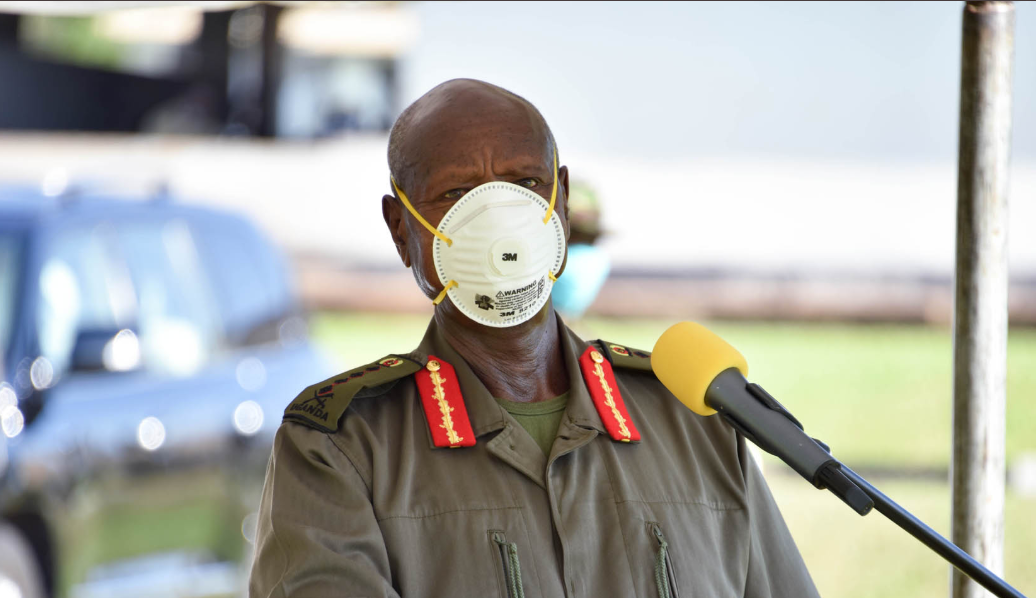Uganda's president Museveni approves anti-LGBTQ law - spokesman
Ugandan President Yoweri Museveni has signed one of the world's harshest anti-LGBTQ laws, his spokesman said on Monday, defying condemnations from Western governments, businesses and human rights activists.

- Country:
- Uganda
Ugandan President Yoweri Museveni has signed one of the world's harshest anti-LGBTQ laws, his spokesman said on Monday, defying condemnations from Western governments, businesses and human rights activists. Same-sex relations were already illegal in Uganda, as they are in more than 30 African countries, but the new law goes further in targeting lesbian, gay, bisexual, transgender and queer people.
It imposes the death penalty for so-called aggravated homosexuality, which includes having gay sex when HIV-positive, and a 20-year sentence for "promoting" homosexuality. Museveni's signing of the bill was first announced by parliament speaker Anita Among on Twitter.
"If the speaker has announced, then that's true he has signed," Museveni's spokesman Faruk Kirunda told Reuters. Museveni, a strong opponent of LGBTQ rights, had sent the original bill, which parliament passed in March, back to lawmakers, asking that they tone down certain provisions.
On May 2, parliament passed a revised bill that made minor amendments while leaving most of the original legislation intact. The amended version stipulated that merely identifying as LGBTQ is not a crime and revised a measure that obliged people to report homosexual activity to only require reporting when a child is involved.
The U.S. government condemned the looming law and said last month that it was assessing the implications for activities in Uganda under its flagship HIV/AIDS programme. A coalition of international companies, including Google , also criticised the legislation, warning it would put those with operations in Uganda in an impossible position and hurt the country's economy.
(This story has not been edited by Devdiscourse staff and is auto-generated from a syndicated feed.)









